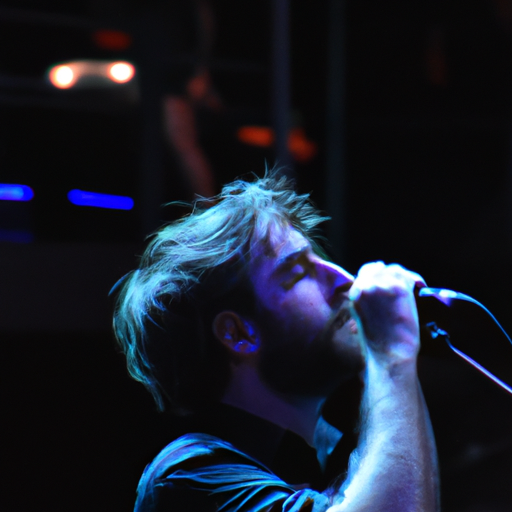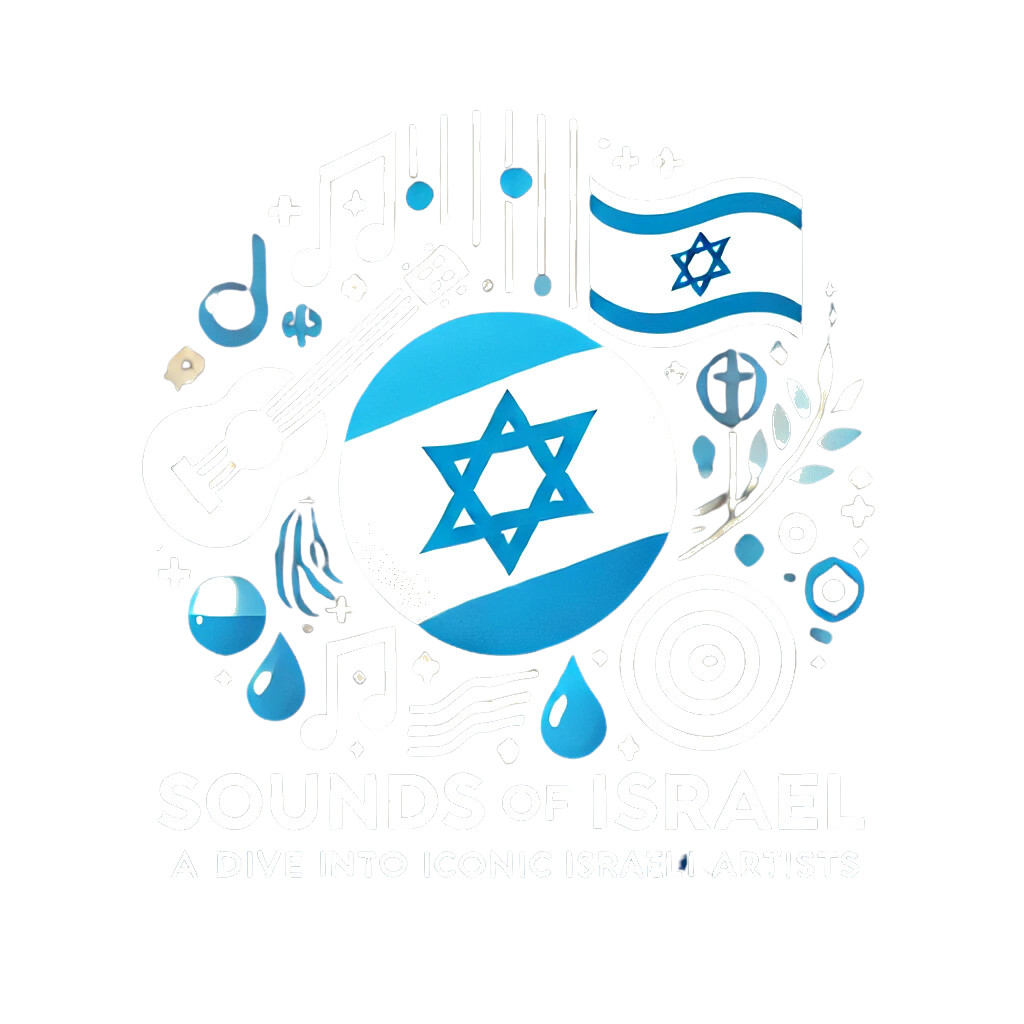This blogpost explores the vibrant scene of music venues in Israel, shedding light on how these spaces are more than just physical locations, but rather platforms of artistic expression. We delve into the historical, cultural, and social aspects that shape these venues, as well as how they nurture and propagate the diverse music culture of Israel.
The Historical Evolution of Israeli Music Venues: How did they become what they are today?
Israeli music venues have undergone a remarkable transformation over the years, shaped by a rich tapestry of cultural, social, and political influences.
**Early Beginnings**: The roots of Israeli music venues can be traced back to the early 20th century when the country was still under British Mandate. At that time, small clubs and cafes provided a platform for local musicians to showcase their talent, often blending traditional Middle Eastern sounds with Western influences.
**Formation of Identity**: As Israel gained independence in 1948, a sense of national identity began to emerge, reflected in the growing popularity of Hebrew music. This period saw the establishment of iconic venues like the Yellow Submarine in Jerusalem and the Barby in Tel Aviv, which became hubs for local artists to experiment and collaborate.
**Cultural Revival**: The 1960s and 70s marked a period of cultural revival in Israel, with music venues playing a pivotal role in fostering artistic expression. The HaOman 17 club in Tel Aviv, for example, became synonymous with the emerging rock and punk scene, providing a platform for underground artists to push boundaries and challenge societal norms. Over the decades, Israeli music venues have continued to evolve, adapting to changing tastes and trends while remaining true to their roots. Today, these venues stand as vibrant spaces of artistic expression, showcasing a diverse range of genres and voices that reflect the dynamic and multicultural nature of Israeli society.
The Cultural Melting Pot: What influences can be seen in the music scene?
Israeli music venues serve as a reflection of the country’s diverse cultural landscape, drawing inspiration from a wide range of influences that contribute to the unique tapestry of sounds found in the music scene.
**Historical Roots**: The music scene in Israel is deeply rooted in the rich traditions of Jewish, Middle Eastern, and Mediterranean music, blending ancient melodies with contemporary styles to create a fusion that is both innovative and deeply rooted in tradition.
**Global Influences**: In addition to its local heritage, the Israeli music scene also draws inspiration from global trends and influences, incorporating elements of rock, pop, electronica, and hip-hop to create a dynamic and eclectic sound that resonates with audiences worldwide.
**Cross-Cultural Collaboration**: One of the defining features of the Israeli music scene is its emphasis on cross-cultural collaboration, with artists from diverse backgrounds coming together to create music that transcends boundaries and celebrates the country’s multicultural identity. From Yemenite folk songs to Ashkenazi klezmer music, Israeli artists draw on a wide range of traditions to create a sound that is both uniquely Israeli and universally appealing.
**Innovation and Experimentation**: Israeli music venues are also known for their spirit of innovation and experimentation, with artists pushing the boundaries of genre and style to create music that is fresh, exciting, and constantly evolving. Whether it’s blending traditional folk music with electronic beats or infusing rock anthems with Middle Eastern rhythms, the Israeli music scene is a vibrant and dynamic space where creativity knows no bounds.
“Music is the strongest form of magic.” – Marilyn Manson: How do these venues foster artistic expression?
Music venues in Israel serve as enchanting spaces where artists can tap into the transformative power of music to express themselves in ways that words alone cannot capture. These venues provide a platform for musicians to unleash their creativity and connect with audiences on a deeply emotional level. Through live performances, artists can channel their innermost thoughts, feelings, and experiences into their music, creating a magical experience that resonates with listeners long after the last note has faded.
The intimate setting of many Israeli music venues allows for a sense of closeness and connection between performers and audience members, fostering a unique bond that enhances the overall artistic expression. Artists are able to feed off the energy of the crowd, infusing their performances with passion and authenticity that is palpable to all in attendance. This symbiotic relationship between artists and their audience creates a dynamic and immersive experience that elevates the music to new heights of emotional resonance.

A powerful image of a musician passionately performing on stage at one of Israel’s popular music venues.
Adapting to Change: How are Israeli music venues evolving with the digital age?
As the digital age continues to revolutionize the way we consume music, Israeli music venues are adapting to stay relevant in an increasingly interconnected world. Many venues have embraced technology to enhance the concert-going experience, offering live streaming options for those unable to attend in person. This enables music lovers from around the globe to tune in and experience performances in real-time, breaking down geographical barriers and expanding the reach of Israeli music beyond its borders.
Additionally, Israeli music venues have leveraged social media platforms to engage with fans, promote upcoming events, and showcase the talent gracing their stages. Through platforms like Instagram, Facebook, and TikTok, venues can connect with audiences on a more personal level, sharing behind-the-scenes glimpses, exclusive content, and interactive experiences that enhance the overall concert experience. This digital presence has not only helped venues attract new audiences but also fostered a sense of community among music enthusiasts.
Israeli music venues, with their rich history and diverse cultural influences, continue to be vibrant spaces of artistic expression. They not only provide a platform for musicians to showcase their talents but also play a crucial role in preserving and promoting the unique music culture of Israel. As these venues evolve with changing times, they remain indelible parts of the country’s cultural fabric, nurturing artists and audiences alike.
